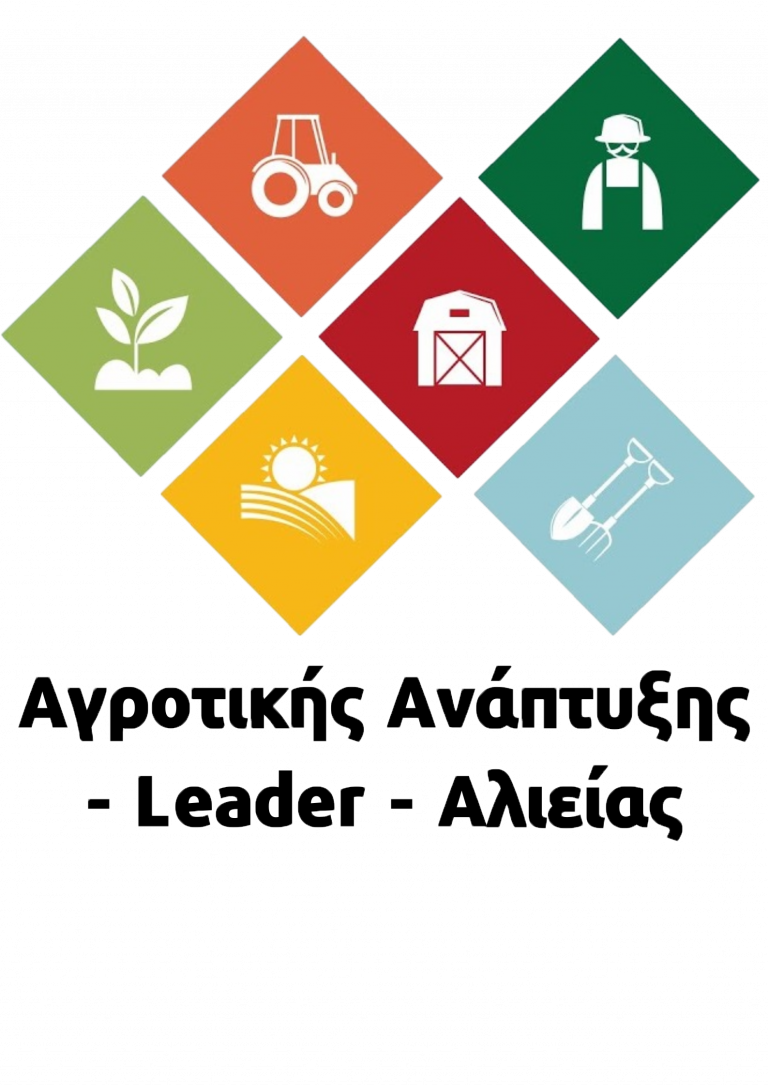
LEADER/CLLD
Community-Led-Local Development (CLLD), based on the LEADER (Liaison Entre Actions de L’Economie Rurale) approach, is a method of designing and implementing local integrated development strategies with the participation of partners at the local level, including civil society, local economic and social actors.

Programme objective
It aims to effectively address the economic, social, environmental and demographic challenges facing rural areas. It is a particularly powerful tool, especially in times of crisis, which shows that local communities can:
(a) take steady steps towards more effective forms of economic, sustainable and inclusive growth, in line with the Europe 2020 strategy,
(b) ‘innovate’ in order to address the socio-economic problems of rural areas in the country; and
(c) to strengthen social cohesion in rural areas.
Greek rural areas have a long experience in designing and implementing integrated local development programmes, mainly through LEADER (Community Initiative LEADER I, LEADER II, LEADER+, Axis 4 of the RDP 2007-2013) and the Integrated Rural Development Programmes (IPDPs), which were implemented by Development Companies. The aim is to strengthen “new and more innovative” approaches based on new development data and tools (such as the trend of young people returning to the countryside, social initiatives, linking the rural sector with culture, CLLD: Local Development with Local Communities Initiative, tourism and the environment), increasing relevant synergies to increase the competitiveness and sustainability of rural areas in line with the country’s development and strategic planning for rural development.
Focusing on rural areas and communities, the LEADER/CLLD approach gives the ‘flexibility’ and the possibility to design and implement local development strategies with an integrated and multisectoral character, taking into account the development policies of the country and the Region (e.g. MIP, Regional Strategy for Smart Specialisation), by implementing public or private interventions (strengthening infrastructure and services, supporting employment and entrepreneurship, implementing ‘intangible’ interventions in relation to the network and the rural economy, and implementing the development strategy of the region). (EU) 1305/2014, as well as actions from the EMFF, ESF and ERDF (in the case of a multi-sectoral approach).
50 LEADER local development programmes in rural areas
Integrated development strategies are implemented through 50 local programmes selected to be implemented in rural areas of the country, mainly at county level, by Local Action Groups (LAGs), which are local public-private partnerships.
